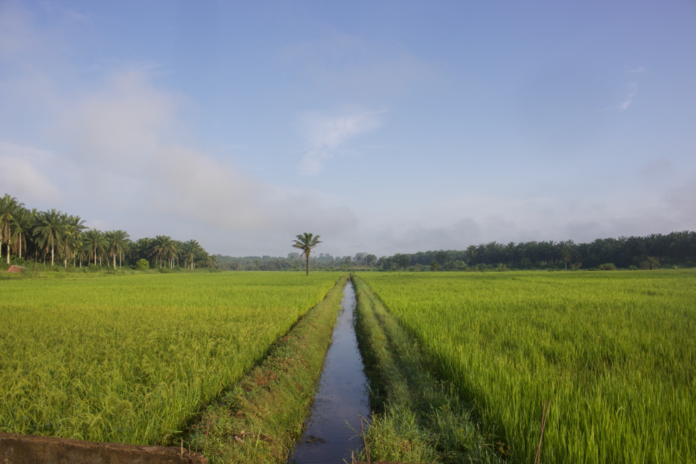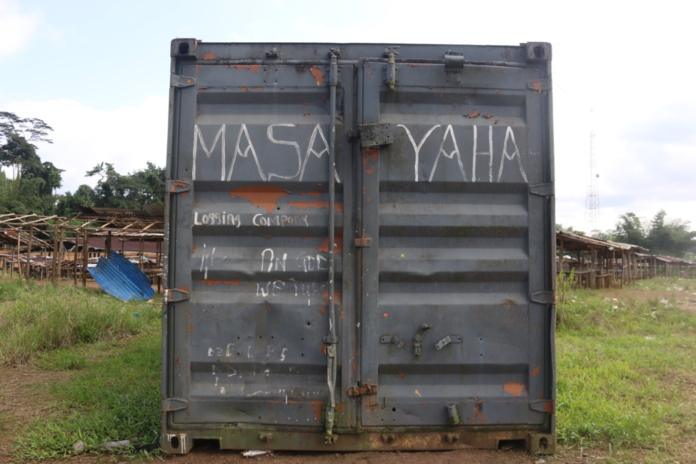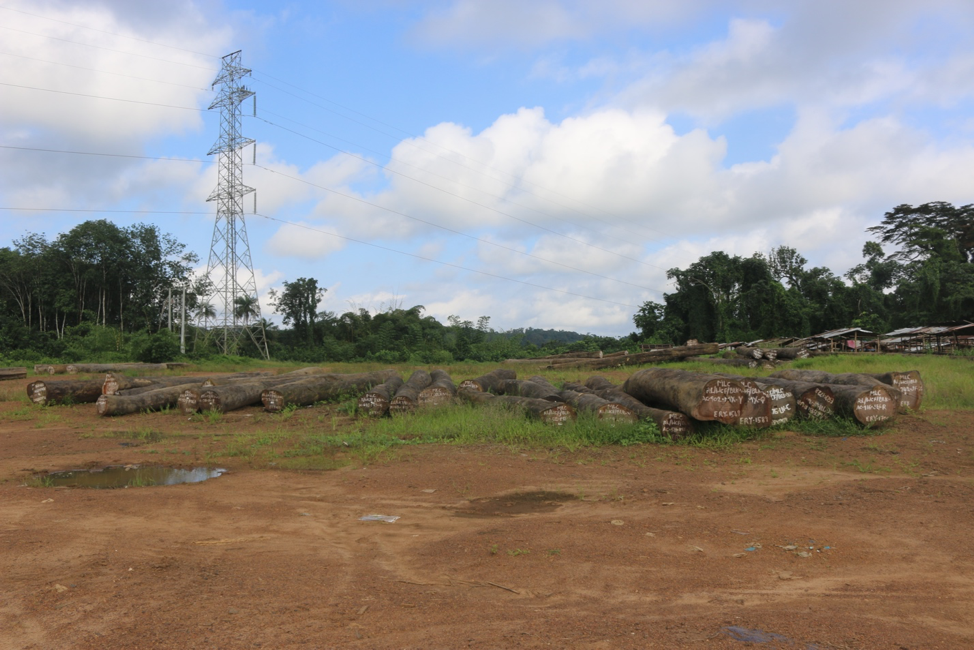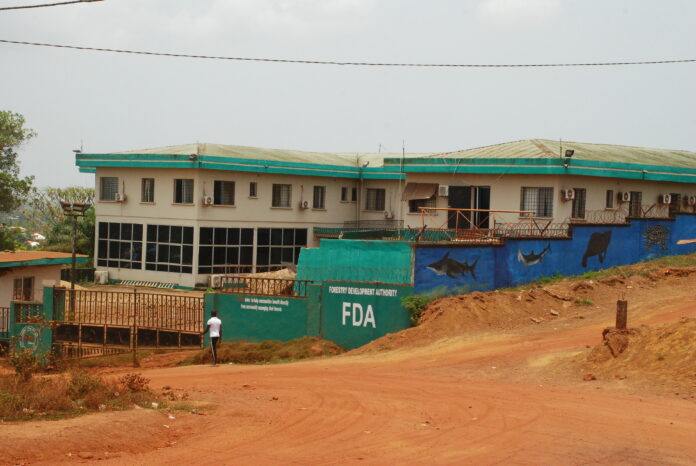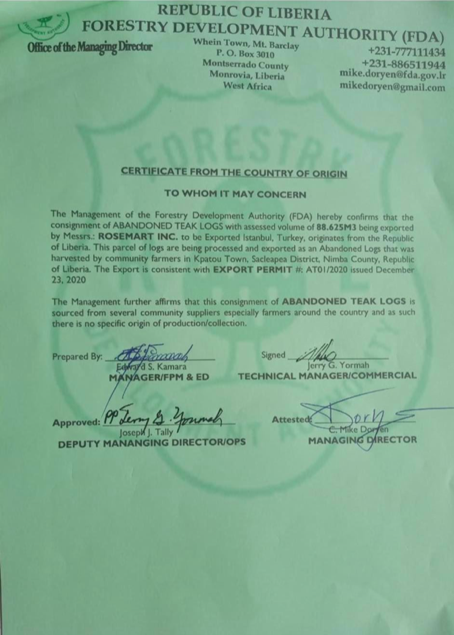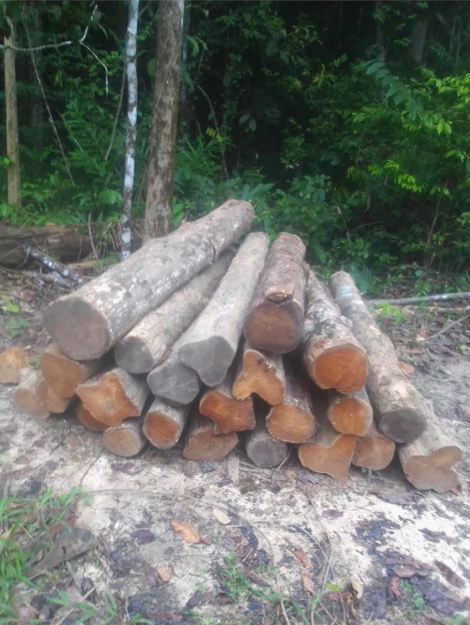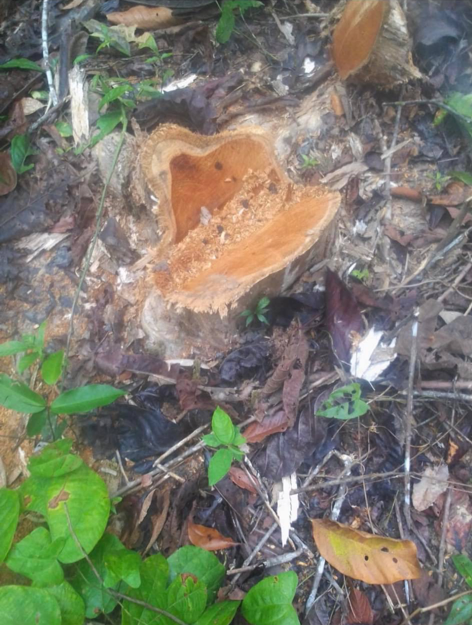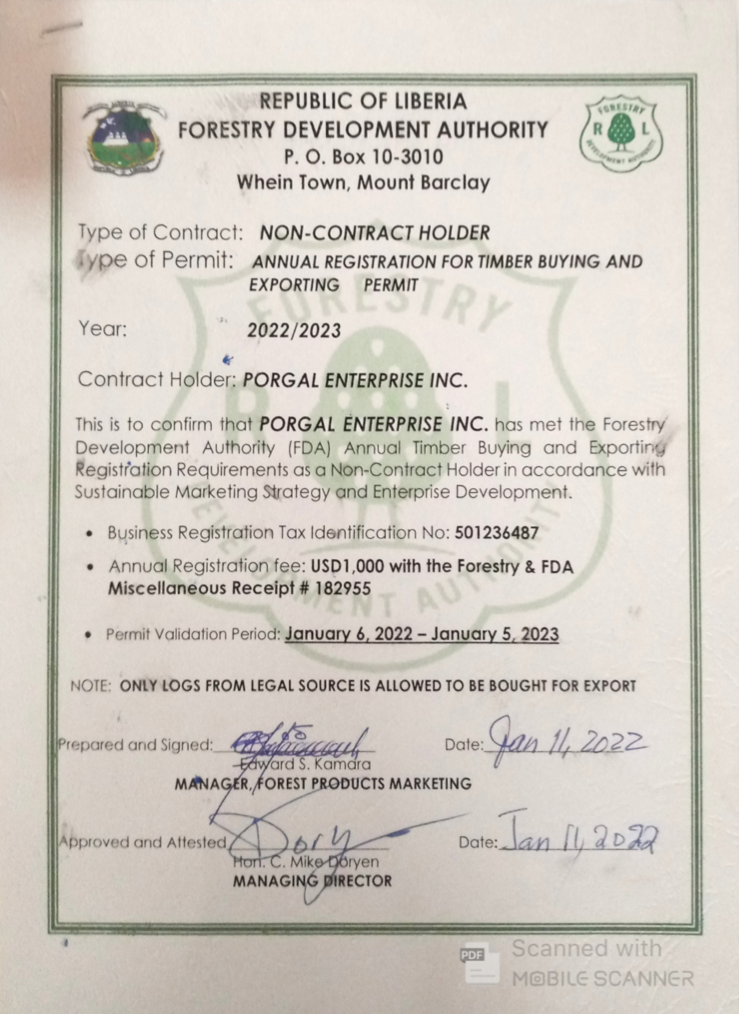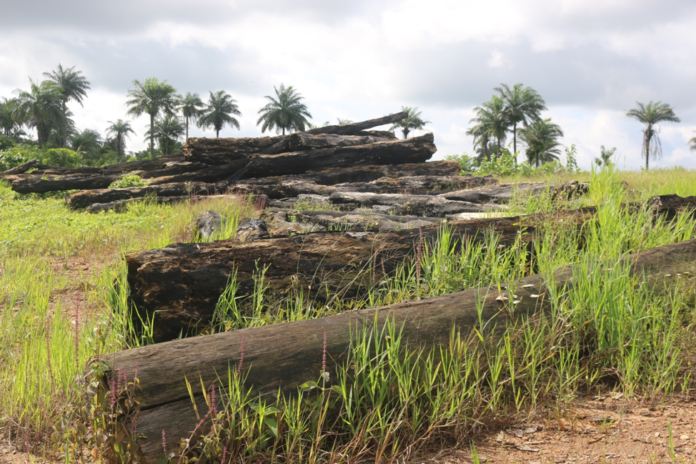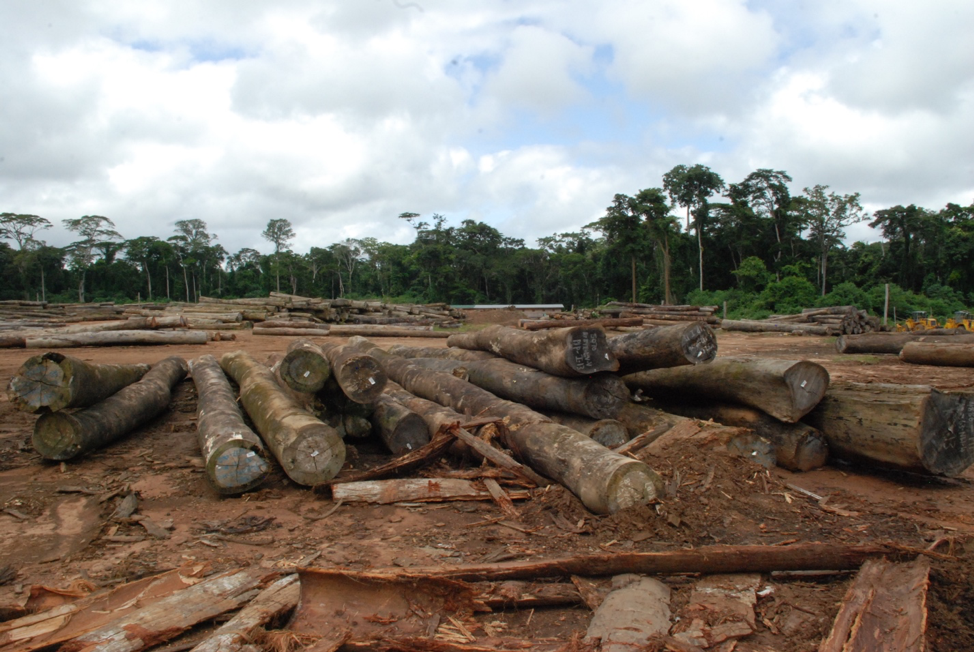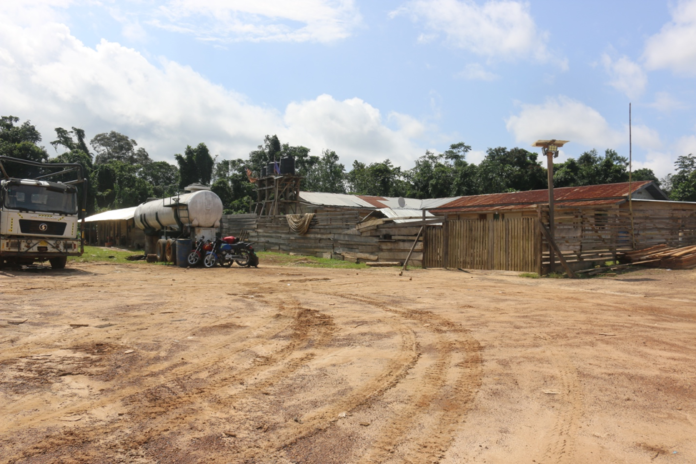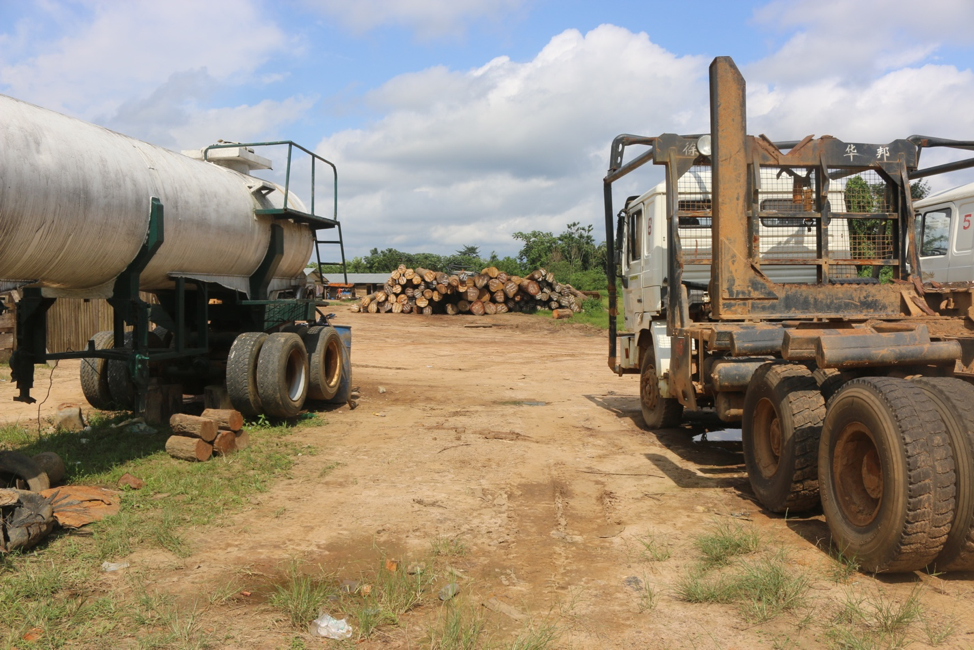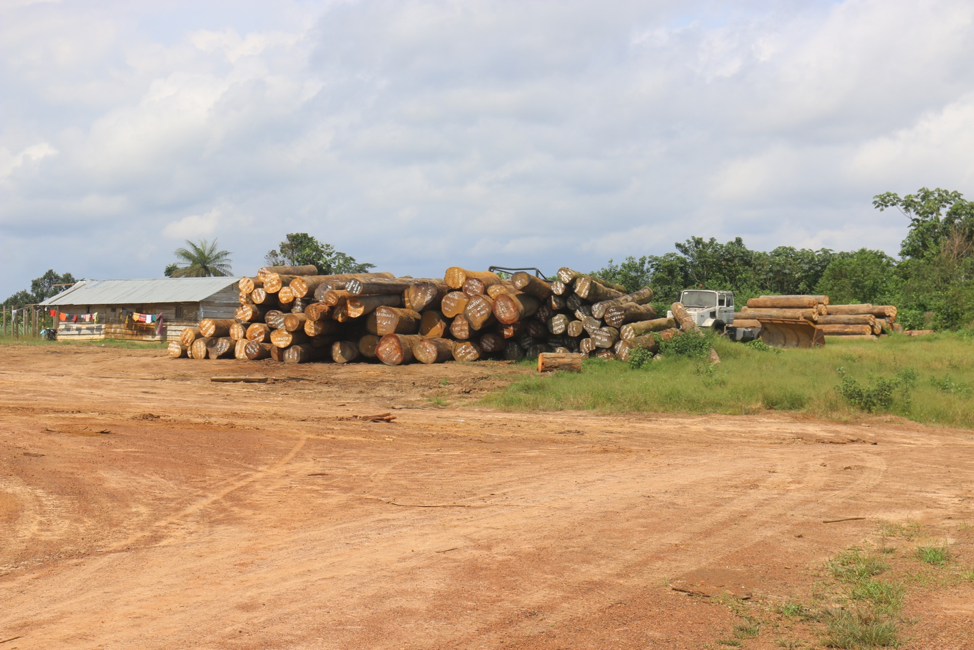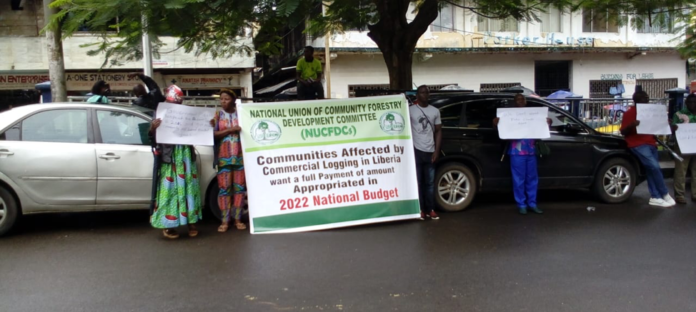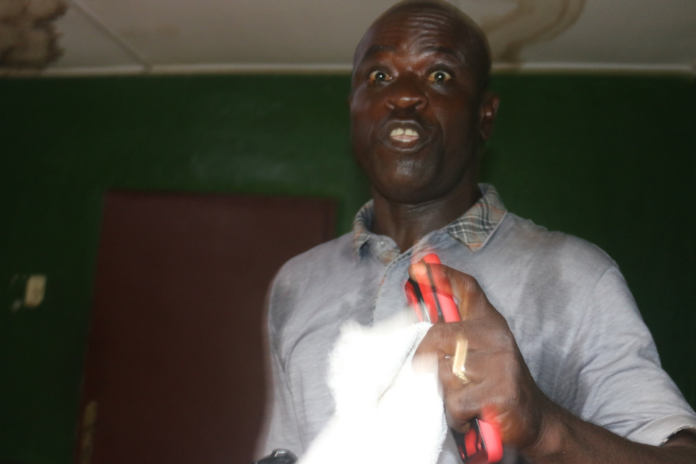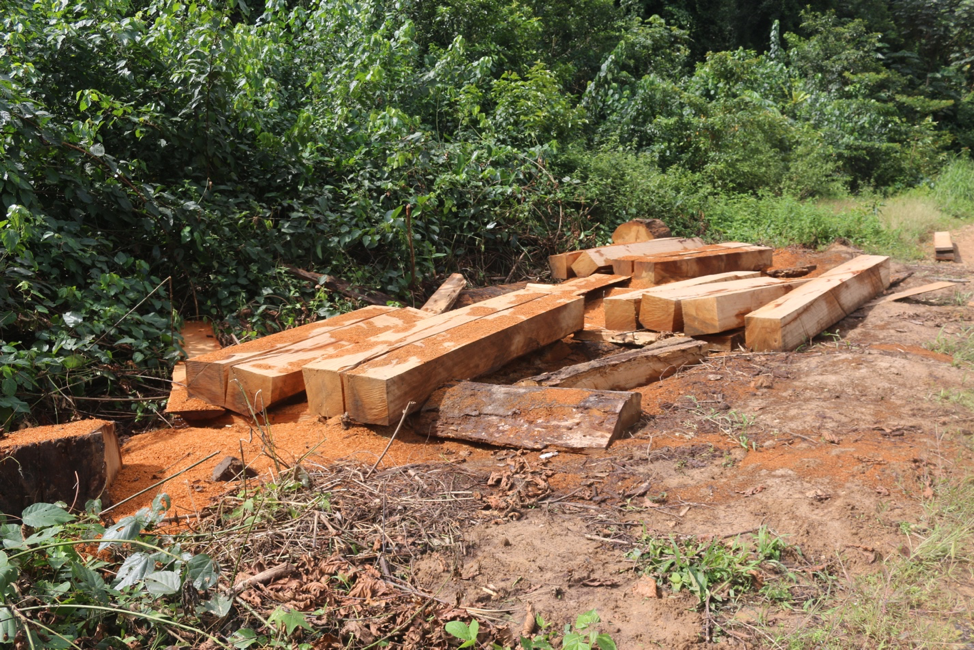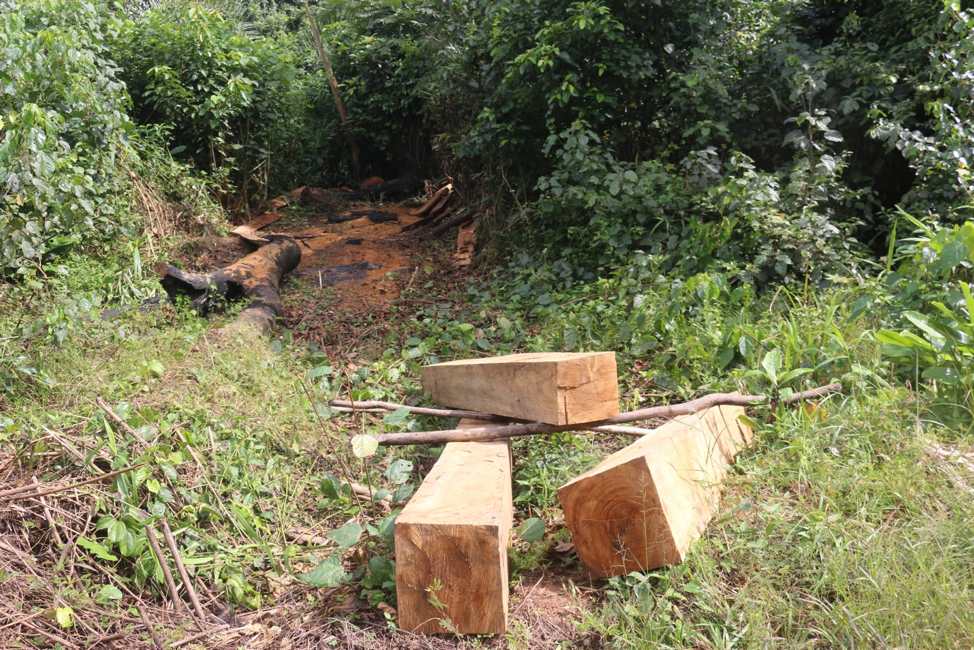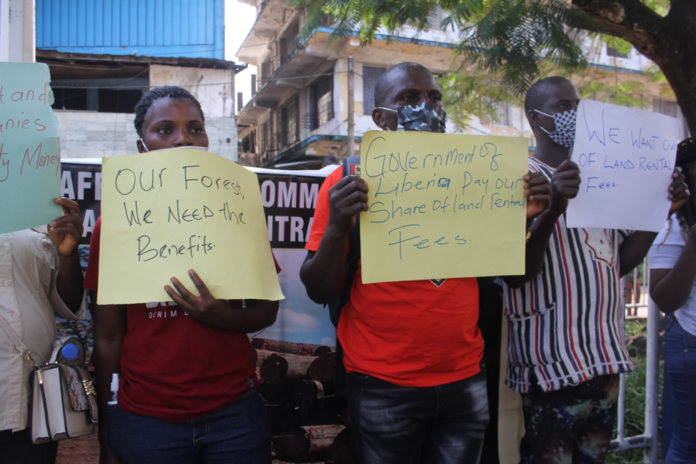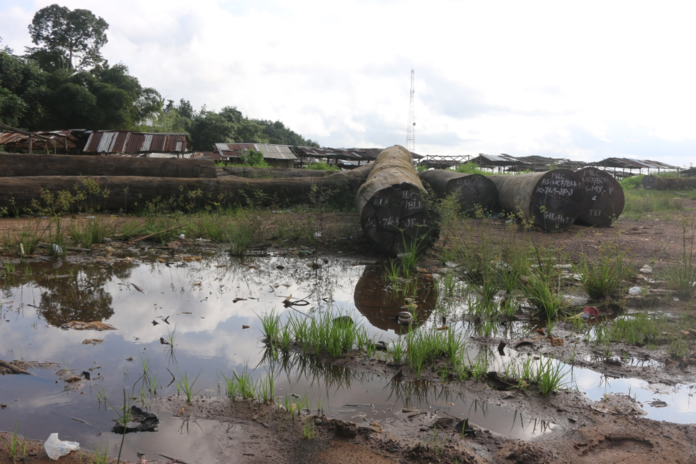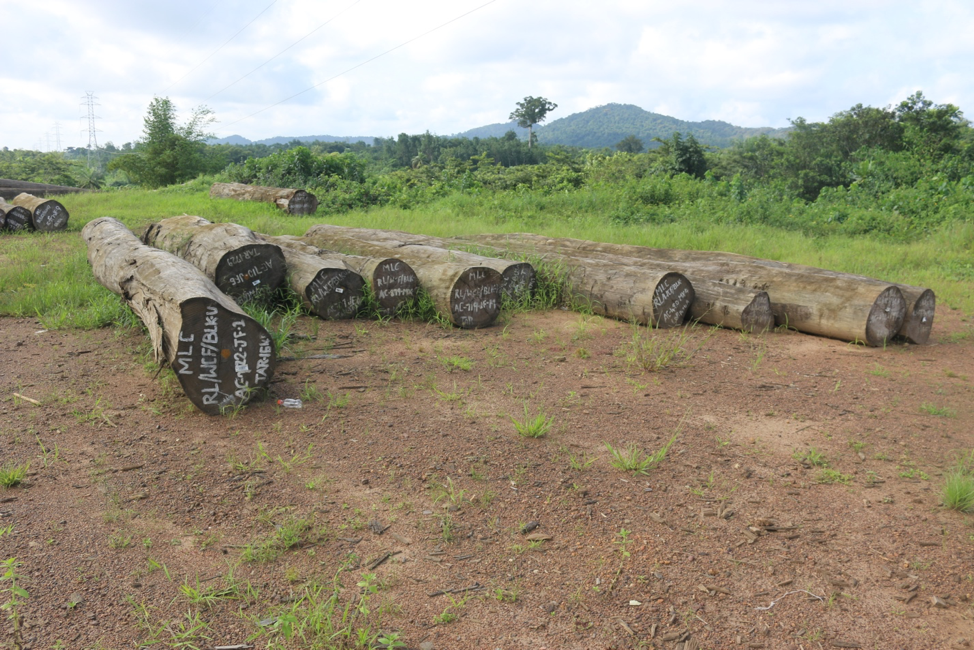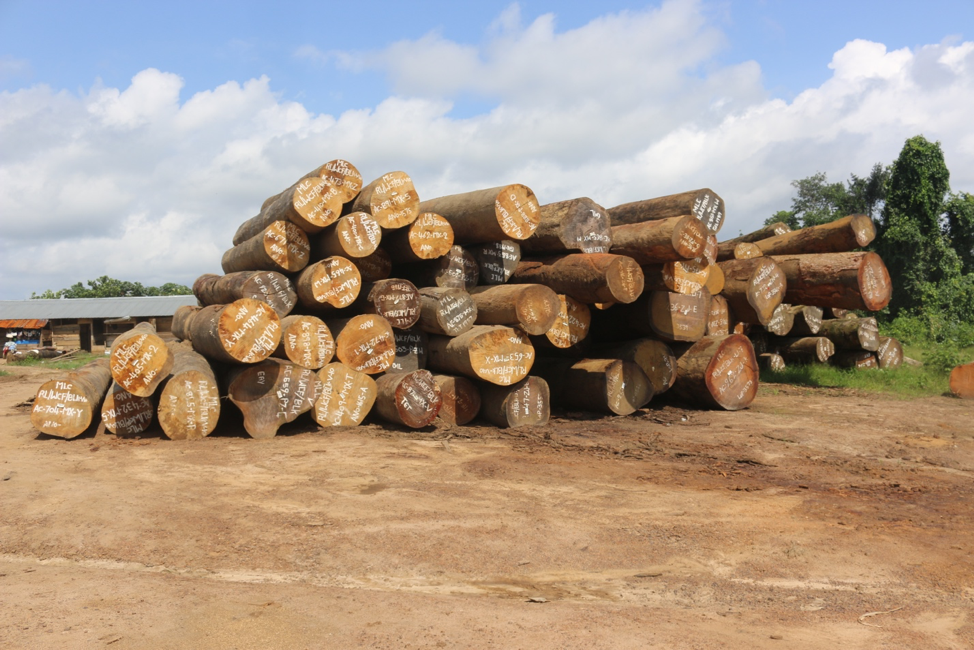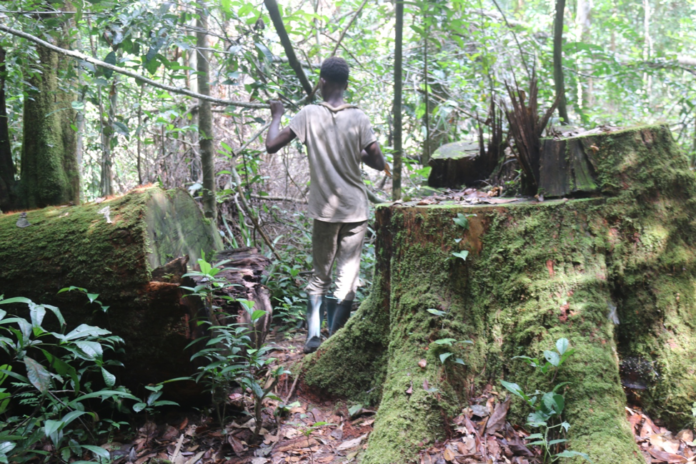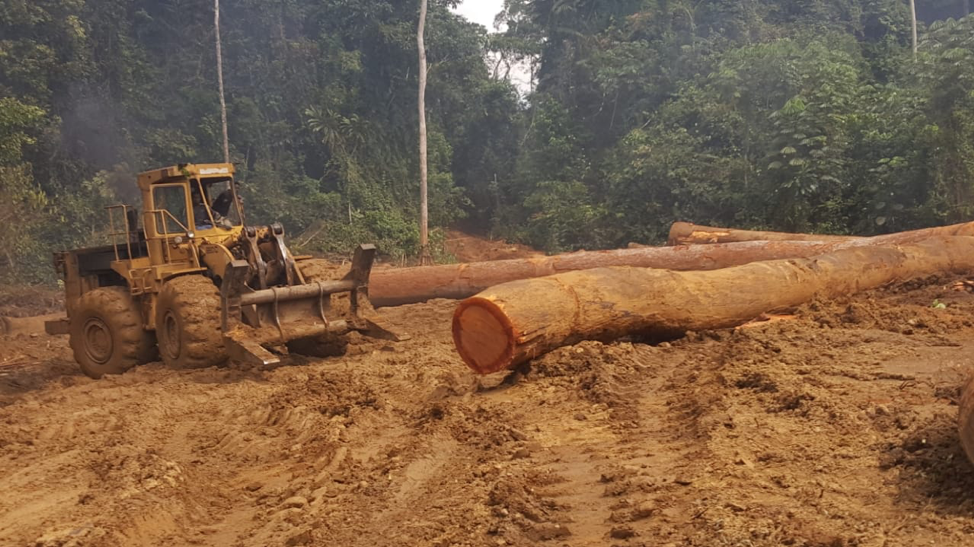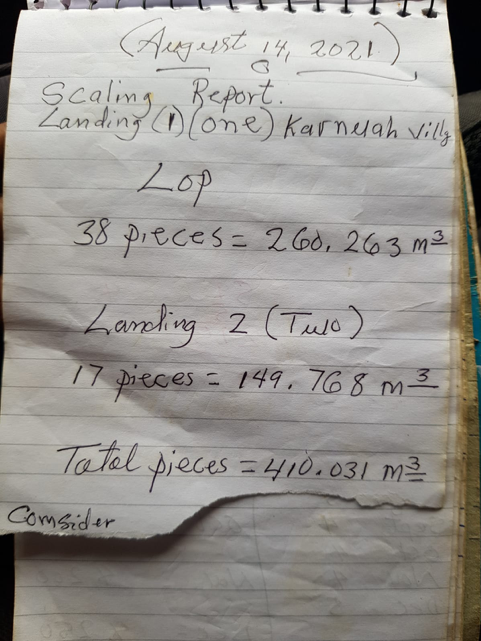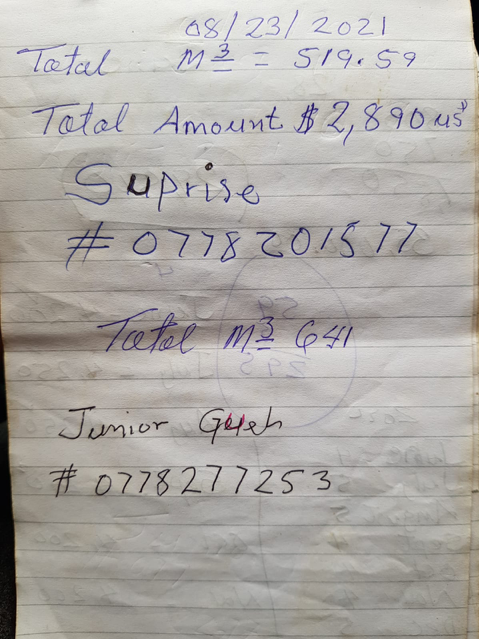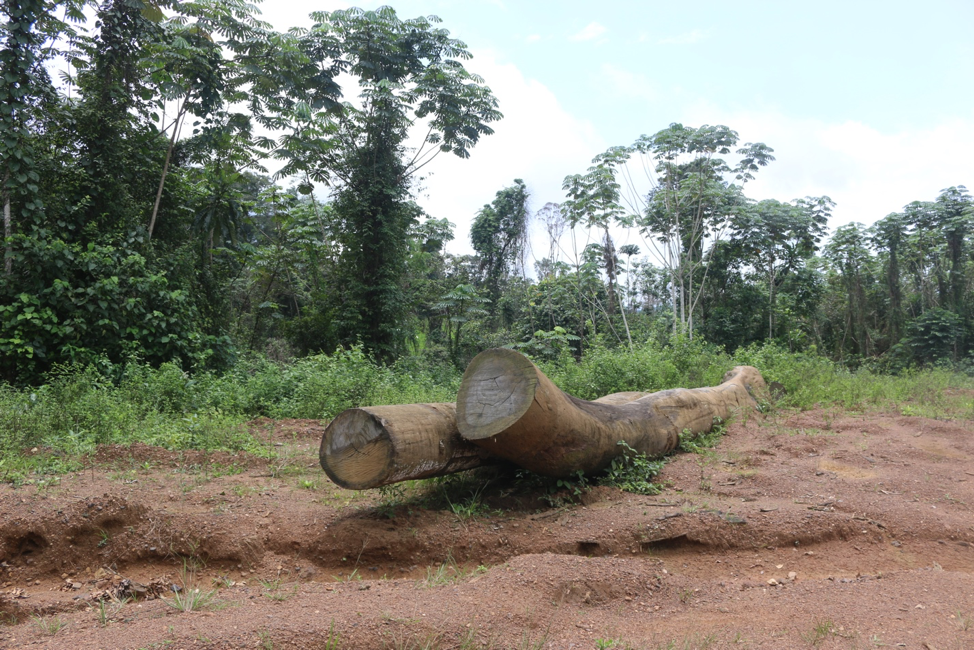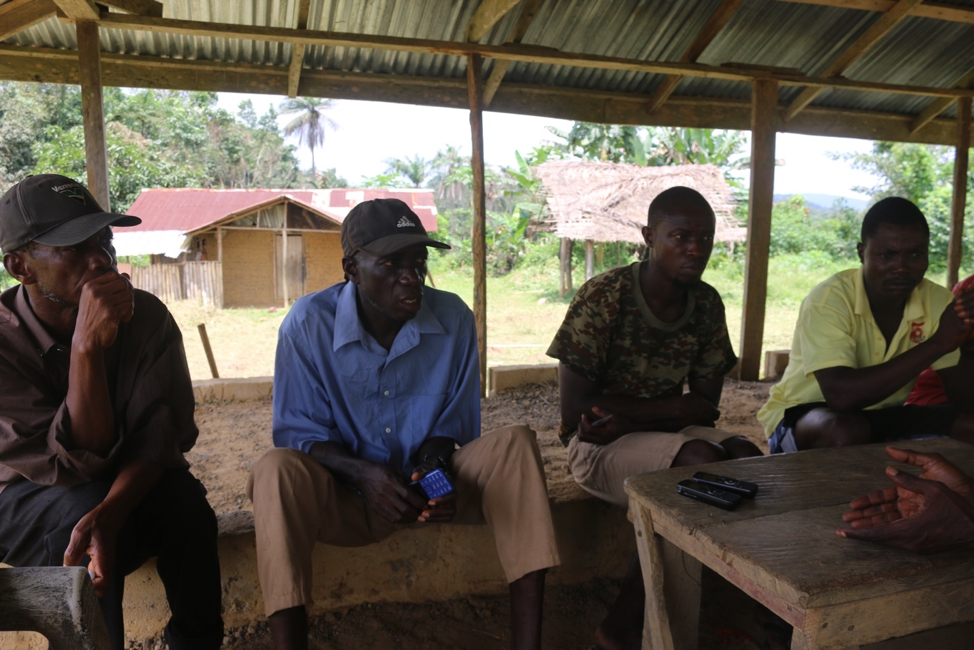Top: Swamp rice production in Foya, Lofa County. The DayLight/James Harding Giahyue
Editor’s Note: The views being expressed in this opinion are that of the author not necessarily The DayLight’s.
By Ambulah Mamey
Save for Nigeriens, who are land-locked in Niger and bordered by mostly troubled neighbors, Liberians in Liberia are the hungriest people in West Africa. Globally, Liberians in Liberia are only less hungry than those in Madagascar and six other countries including Yemen, Chad, DRC, and Haiti that are engulfed by war or other forms of prolonged crises.
No less than a hundred thousand Liberians- who were not undernourished when the current administration promised to prioritize agriculture and address Liberia’s hunger and nutrition problems- are now undernourished.
Today, Liberians in the Country’s capital struggle in long queues to find rice- their staple food- and if they find a bag, it is either unaffordable, substandard or both. The struggle for rice is more intense in the rural parts of the country. Substandard rice and other food imported to Liberia and consumed by Liberians contribute to a rise in food-related non-communicable diseases among Liberians, including diabetes and obesity. No fewer than 16.5% of adult Liberians are obese and have potbellies!
The Agri-food system and those that manage it have not been able to address the food and nutrition crisis in the country. For example, what should be the market for fertilizer, quality seeds, and other inputs needed to boost the productivity of farms is almost nonfunctional, leading the World Bank to categorize Liberia as the worst place in the world to operate a farm business. The last time I checked, only 4% of farmers could access and use certified seeds for rice and other major crops. Consequently, when rice farmers in Liberia plant rice on the same size of land as farmers in Cote d’Ivoire, Liberian farmers harvest 50.2% less of what farmers in Cote d’Ivoire get; 13.1% less than farmers in Guinea, 20.2% less than farmers in Sierra Leone and 45.8% less than farmers in Ghana. See FAOSTAT.
The massive failure in the sector is because of strayed interventions! There is more emphasis on large plantations that grow cash crops and less attention on smallholder farmers that grow food crops. President Weah’s tolerance for incompetence and strong political will to not fight corruption in the agriculture sector are two other significant factors. His Minister of Ag enjoys his confidence even after being indicted by Liberia’s Anti-graft institution for multiple acts of corruption, including awarding a contract to a company managed by her son and for which she is a beneficial owner.
In Liberia, the Minister for Agriculture Research and Extension is an undergraduate student. Being a fanatic and entertainer of the President is the only qualification he needs to keep a job that has such a huge bearing on addressing Liberia’s food and nutrition challenges.
On a biannual basis, the African Union (Au) tracks the progress of its members toward agriculture transformation. The current Liberian leader’s strong political will in support of corruption and incompetence in Liberia’s agriculture sector has, since 2017, kept Liberia consistently ranked “Not on Track” to transform its agriculture sector. In the AU’s latest scorecard or report, Liberia failed 21 of the AU’s 24 progress indicators. Liberia scored 0 out of 5 points for capacity to engage in evidence-based agricultural intervention; 2.4 out of 7.92 points for farmers’ access to fertilizers, seeds, and other inputs, 0.9 out of 10 points for farmers’ access to finance, and 0.39 out of 6 points for resilience to climate-related risks. Even with a woman Minister of Agriculture and a President that adorns himself “Feminist In-Chief”, Liberia scored 0 0ut of 5 for women’s participation in agribusiness.
Liberia will experience socioeconomic development and prosperity only after the country improves the productivity of its farmers (especially smallholders), jacks up growth in its agriculture sector, and use that growth as the foundation for country-wide economic growth and development. No country in the world (if any Korea and Taiwan) has led a successful poverty reduction and economic transformation outside of firstly improving the productivity of its farmers, increasing their income, and transforming its agriculture sector.
With 12 months to Liberia’s general and presidential elections, it is safe to conclude that George Weah’s administration failed to deliver its agricultural transformation and food security promises and in many respects, reversed some of the gains it inherited. The failure vindicates skeptics who argued that the administration did not and still does not have what Liberians urgently need for the herculean task of developing and transforming their country through agriculture. Unlike previous presidential elections, agriculture and food security will be very prominent on Liberia’s 2023 presidential ballot. Considering the Weah administration’s record failure, especially on the agriculture and food security scorecard, a rejection of the administration’s second-term bid is imminent. Whilst a rejection of Weah, a celebrity who became a very popular politician, could be the price he and his officials pay for prioritizing the accumulation of personal wealth over fulfilling their promises, the rejection will also send a strong message to incoming leaders that Liberians are not fools.
Ambulah Mamey is an International Agricultural Development practitioner. He manages portfolios of USAID-funded Resilient Food Security and Emergency Food Security programs in parts of Africa. The opinion expressed in this article does not reflect the views of the organizations he is affiliated with.

